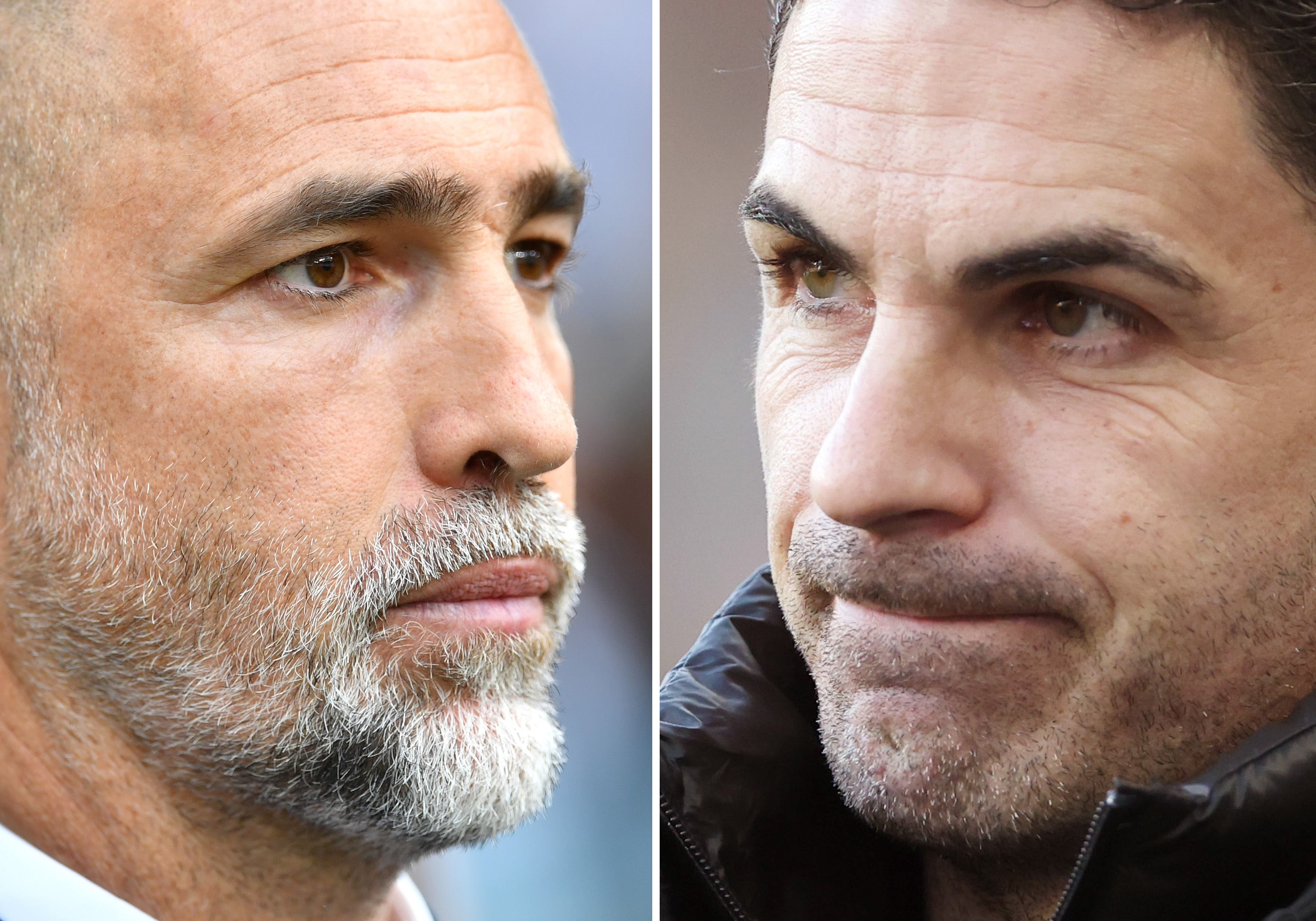A guide to multi-club ownership: How does it work?
Multi-club ownership is exactly what it sounds like: football clubs that have affiliate clubs, all under the umbrella of one person or company
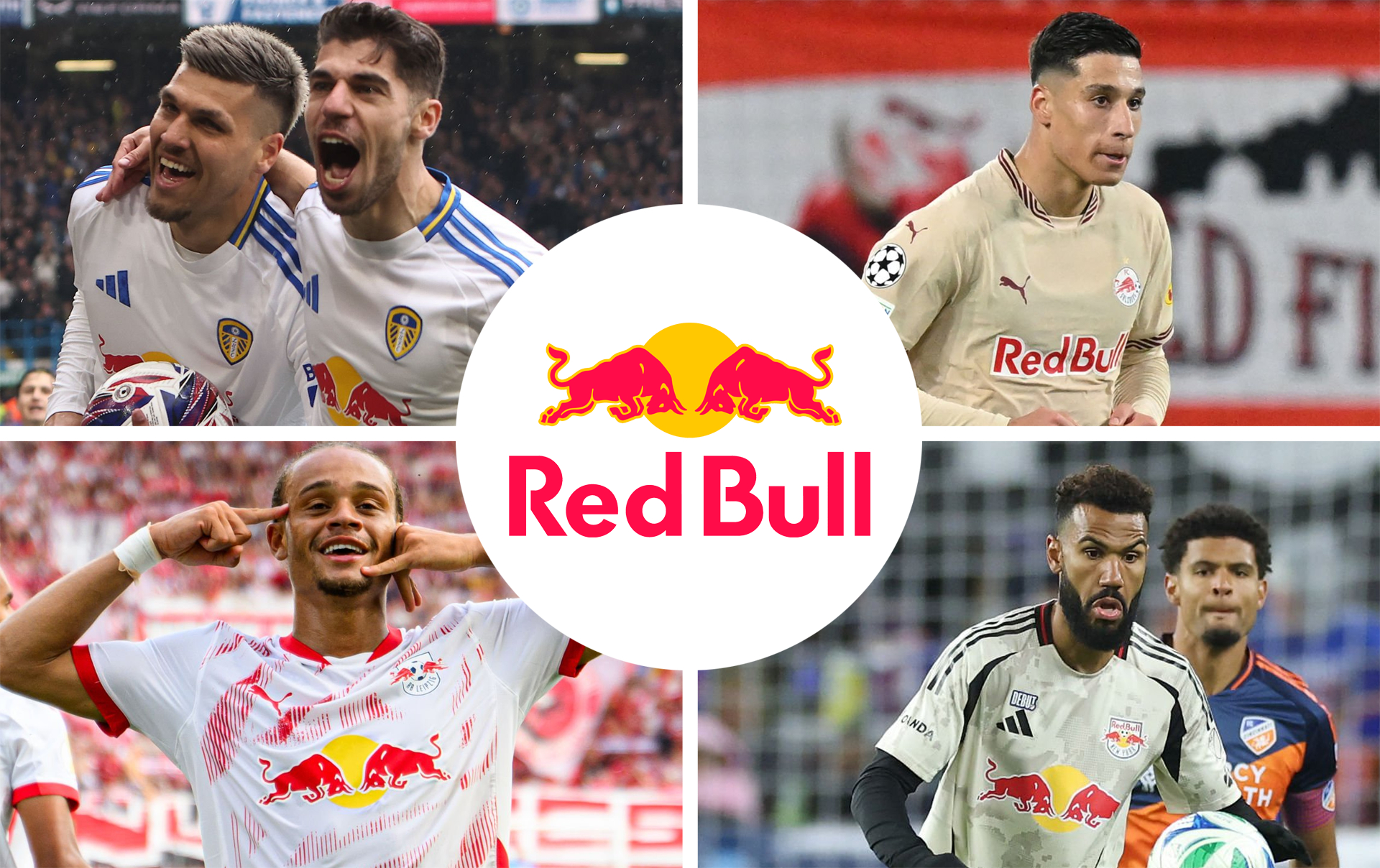
The best features, fun and footballing quizzes, straight to your inbox every week.
You are now subscribed
Your newsletter sign-up was successful
Want to add more newsletters?

Five times a week
FourFourTwo Daily
Fantastic football content straight to your inbox! From the latest transfer news, quizzes, videos, features and interviews with the biggest names in the game, plus lots more.

Once a week
...And it’s LIVE!
Sign up to our FREE live football newsletter, tracking all of the biggest games available to watch on the device of your choice. Never miss a kick-off!
Join the club
Get full access to premium articles, exclusive features and a growing list of member rewards.
Multi-club ownership is increasingly common in football, with plenty of big-money owners splashing out to take control of several clubs around the world.
Take Red Bull, for instance. They have varying stakes in Leeds United, FC Liefering, New York Red Bulls, Paris FC, RB Leipzig, TV Omiya Ardija, Red Bull Bragantino and Red Bull Salzburg.
Several English clubs are part of similar models to different degrees, including Manchester City, Chelsea, Manchester United, Crystal Palace, Aston Villa, Arsenal, Nottingham Forest, and… well, loads more, including down in the lower leagues. So what are the rules on multi-club ownership?
Can you own two clubs in the same league?

Not in England you can't, certainly not at Premier League and EFL level.
The EFL Owners and Directors' Test will automatically disqualify directors who hold an 'interest' in more than one club within the EFL, while the Premier League's own rules say that 'no Person may either directly or indirectly be involved in or have any power to determine or influence the management or administration of more than one [Premier League] Club.'
While that only applies within each league, the FA have an overarching rule with the same wording as the Premier League that applies to the entire English football pyramid.
There is some suggestion that one person/company could own a stake of less than 25%, which would not represent significant control of any one club.
The best features, fun and footballing quizzes, straight to your inbox every week.
That's a higher threshold than is set by UEFA; their rules mean a majority owner of one club could have a less than 50 per cent stake in another club playing in the same competition.
That's the lowest bar available, though, and it's up to individual countries' FA to decide if they want to be stricter.
Can two clubs from the same ownership compete in Europe?
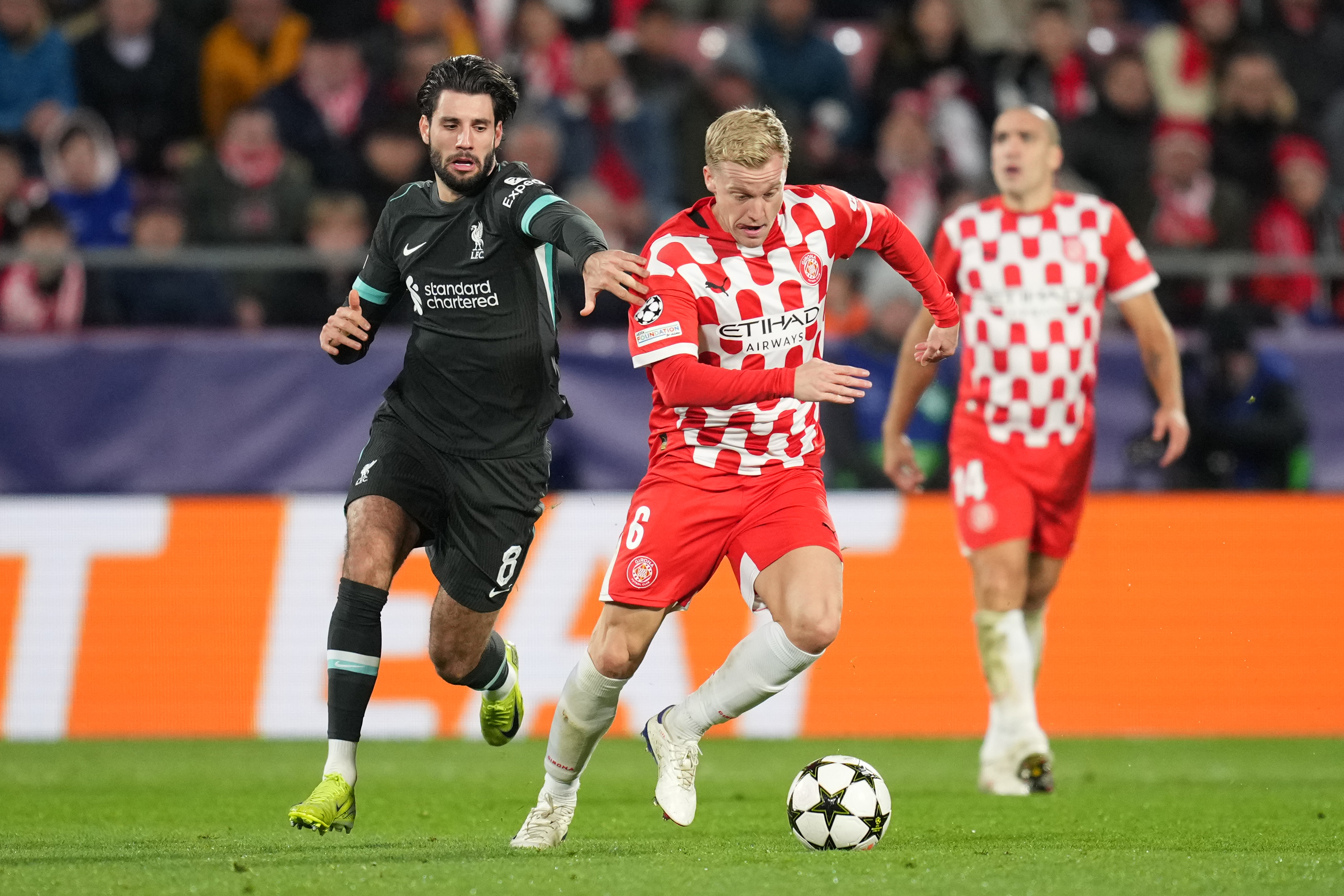
This increasingly contentious issue came to a head in 2024 after Girona qualified for the Champions League and Nice qualified for the Europa League.
The issue was the Girona are part of the City Football Group alongside Manchester City, who also qualified for the Champions League. Manchester United meanwhile joined Nice in the Europa League; both clubs are at least part-owned by INEOS, headed by Sir Jim Ratcliffe.
UEFA ultimately decided that each pair of clubs could compete in the same continental competition as long as:
- No one is simultaneously involved, directly or indirectly, in any capacity whatsoever in the management, administration and/or sporting performance of more than one club participating in a UEFA club competition; and
- No one has control or decisive influence over more than one club participating in a UEFA club competition.
Essentially, then, no one person can be involved in the running or decision-making of two or more clubs within a single UEFA competition. City Football Group and INEOS swiftly made sure they were in line with that, and all four clubs were permitted entry to their respective competitions.
That's why Nottingham Forest owner Evangelos Marinakis recently officially ceased to be a 'person of significant control' at the club.
Forest could potentially end up qualifying for either the Champions League or Europa League with Greek side Olympiacos next season. They're also owned by Marinakis, and so he had to officially step away from Forest to ensure they didn't run into any trouble should that occur.
On top of that, clubs in that kind of situation have to apply to UEFA to get the all-clear to proceed into competition against one another.
For 2024/25, UEFA allowed clubs to transfer the club to an 'independent third party', like a blind trust, which would be appointed to look out for the interests of that club only, without any consideration for the wider ownership group.
Do clubs from the same ownership share resources?
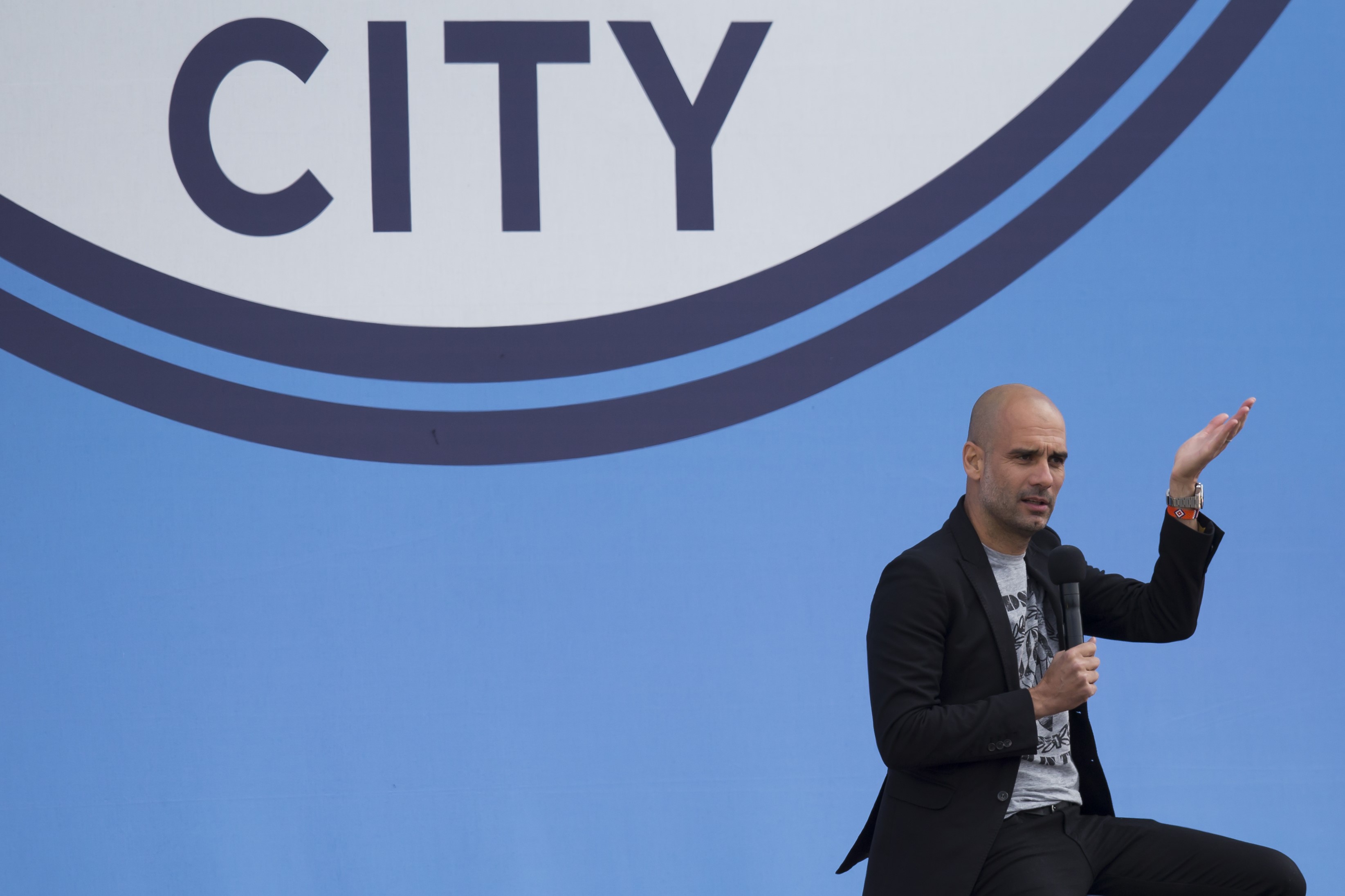
As far as we can tell, there's nothing to stop them from sharing scouting info and things like that as long as they're not in the same European competition as one another.
UEFA are keen to ensure that clubs remain independent from one another. To that end, they got a commitment from City Football Group and INEOS that they would not transfer players to one another until September 2025, nor would they 'conclude any kind of cooperation, joint technical or commercial agreements between each other' or 'use any joint scouting or player database'.
It seems likely that they would ask for a similar commitment from any other clubs who face a similar situation in future.
What's to stop clubs from the same ownership transferring players to each other for free?
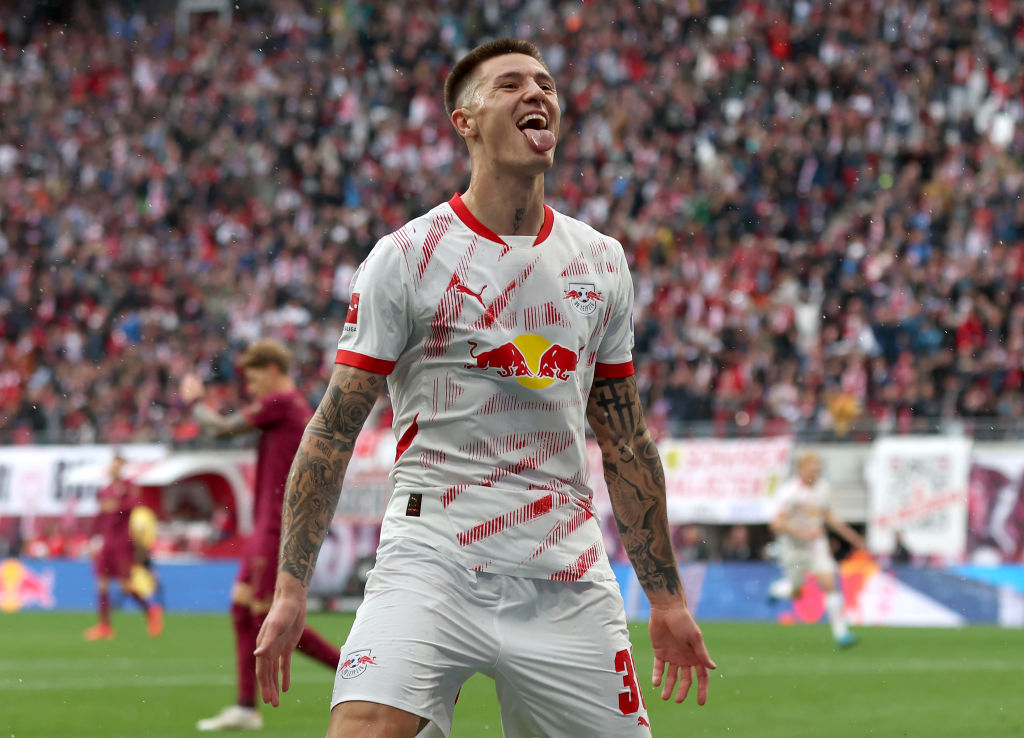
Three words: 'associated party transactions'.
In the Premier League, the rules say that any transfers between 'associated parties' (i.e. clubs within the same ownership group) need to be assessed by the Premier League first to see whether they represent 'fair market value'.
What that means is a judgement call for the Premier League assessors, but they could put a halt to any proposed transfer that was 'evidently not' at fair market value.
We're not sure it would really be in clubs' interests to try and fiddle it that way, anyway. Each league has its own version of the Premier League's Profit & Sustainability Rules that need to be met.
In their current form, both clubs would generally be better off just doing trades between themselves at 'fair market value' anyway, for boring accounting reasons that we won't get into here.
Steven Chicken has been working as a football writer since 2009, taking in stints with Football365 and the Huddersfield Examiner. Steven still covers Huddersfield Town home and away for his own publication, WeAreTerriers.com. Steven is a two-time nominee for Regional Journalist of the Year at the prestigious British Sports Journalism Awards, making the shortlist in 2020 and 2023.
 Join The Club
Join The Club











